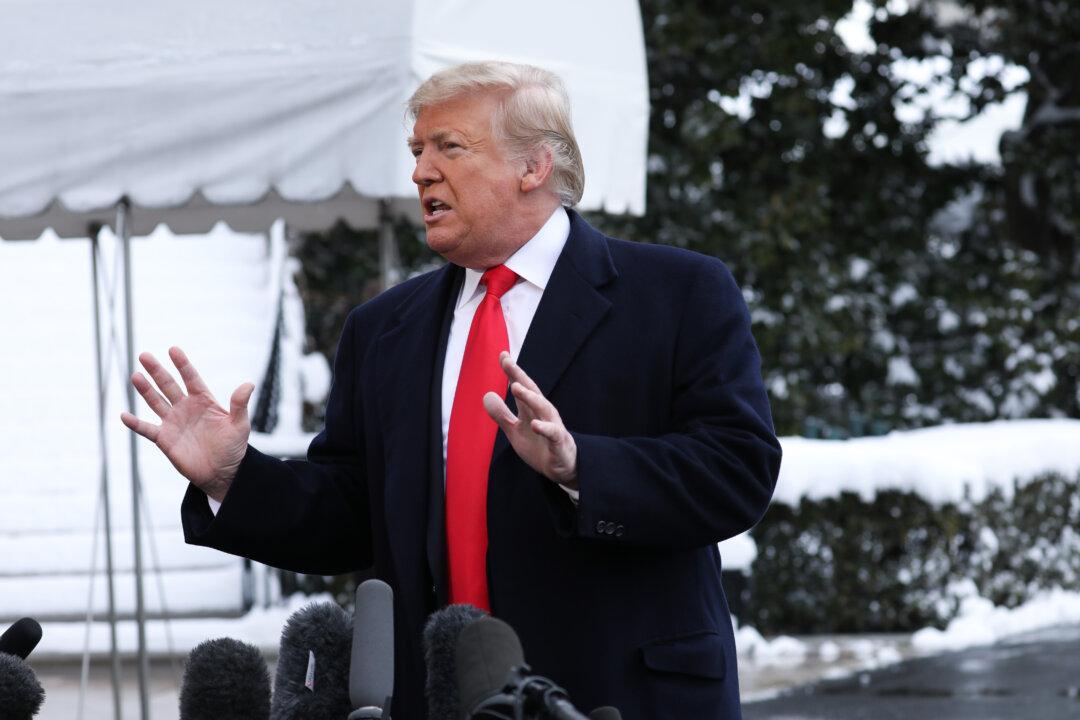WASHINGTON—On National Religious Freedom Day, President Donald Trump said that the fundamental human right to religious freedom was under attack in the United States, and condemned “legislative and political attacks on religious freedom” that have provoked violence in the United States.
Trump declared Jan. 16 to be Religious Freedom Day and called upon the nation to protect the heritage of religious liberty both at home and around the world.





